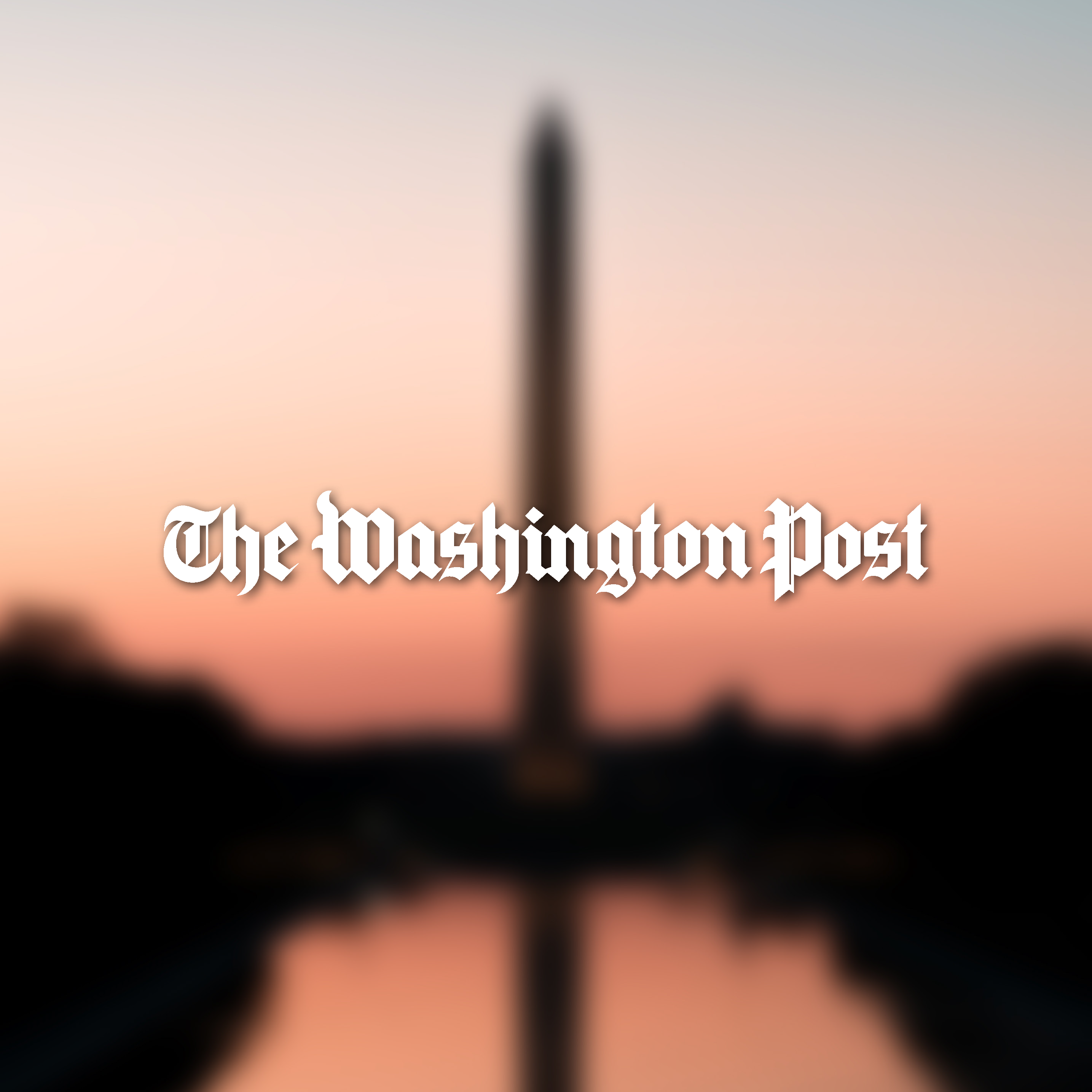“There’s excitement, there’s caution and a lot of unanswered questions,” warned Erwin Gelfand, a pediatrics and immunology professor at the University of Colorado’s School of Medicine. But all this means that anyone who has gone through Aimmune’s regimen would still want to carry epinephrine, and try to avoid peanuts. “Not everybody responds well,” Gelfand said.
CU Anschutz
Fitzsimons Building
13001 East 17th Place
Aurora, CO 80045

